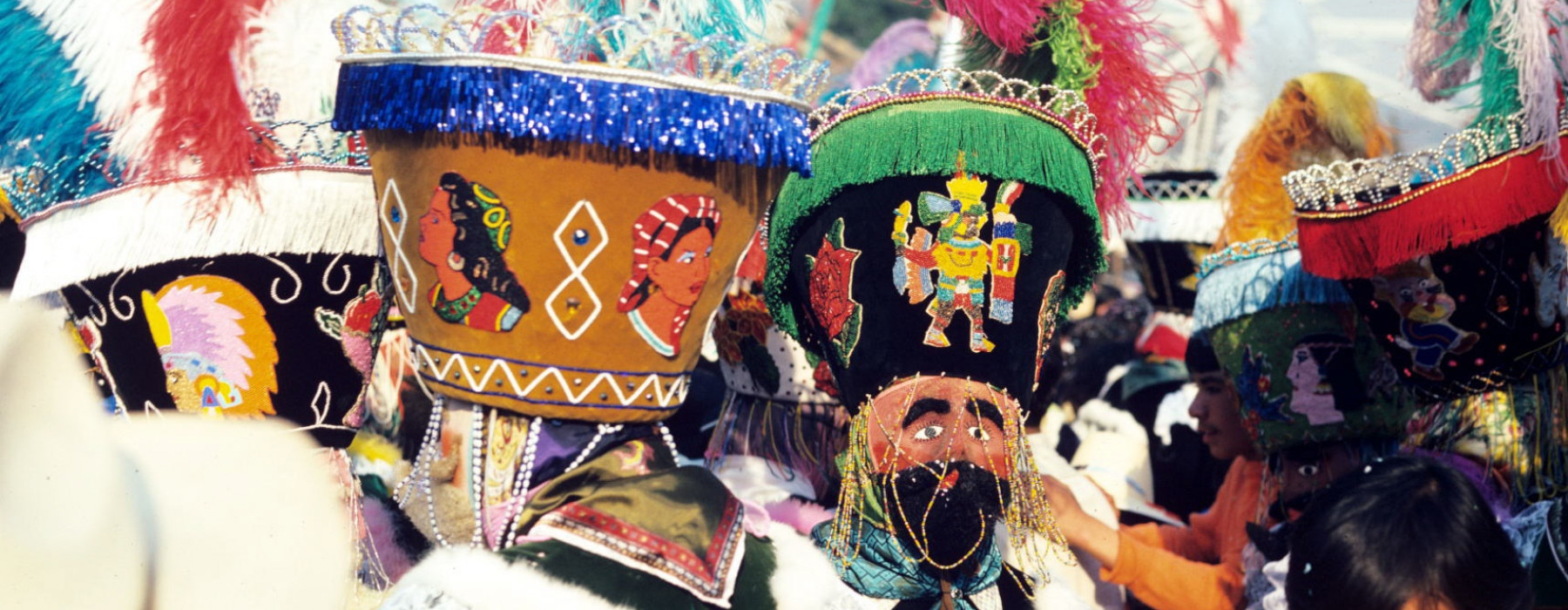
The Summer Carnival is a festival where diverse cultural traditions mingle. The festival is held every year at the end of July, as the weather has to be warm. The street parade is just one part of the Summer Carnival.

The Summer Carnival in Rotterdam (in full, the Rotterdam Unlimited Summer Carnival, Inspired by Diversity) attracts hundreds of thousands of visitors to the city who enjoy the exuberant atmosphere, the parade, music, dance, drinks and snacks. The street festival is a whirl of colour, movement and music, bringing together the cultural influences of many different nationalities. Rotterdam is a particularly suitable location, as people from more than 175 nationalities live there and as a world harbour it is open to the world, both literally and figuratively.
The Summer Carnival is a festival where diverse cultural traditions mingle. The festival is held every year at the end of July, as the weather has to be warm. The street parade is just one part of the Summer Carnival.
The Summer Carnival is a festival of coming together but it’s also a serious competition, with several fiercely coveted prizes to be won. In the Royalty Election a Queen Carnival and King Carnival are chosen. They head the street parade and are carnival ambassadors for a year. In the Warming Up on Friday evening the best three swinging brass bands drum their way through the city centre and then compete in the Battle of the Drums for the fiercely coveted Golden Drum. A professional jury judges the street parade and the Golden Drum.
Almost as soon as the Summer Carnival has taken place preparations for next year begin. The carnival groups include participants from different backgrounds who for months on end work on one goal in deepest secret – to make the most beautiful and most creative costumes and float. The togetherness, creativity and exchange of ideas are at the very least just as important as being in the parade and possibly winning.
The Summer Carnival was celebrated for the first time in 1984, under the name Antillean Summer Carnival, by a small group of cultural and artistic carnival enthusiasts from a Curaçaoan or Aruban background. This initiative grew into a large-scale event and a multicultural melting pot. People come from Brazil, Cape Verde, Surinam, Bolivia, Colombia, Peru, the Dominican Republic, Mexico, the Windward Islands, Spain, England, Trinidad, Jamaica, France, Germany, Belgium, Angola, the Netherlands and elsewhere to take part. Every year the carnival is organized by the Stichting Zomercarnaval Nederland (Netherlands Summer Carnival Foundation) and Bureau Vermaeck. In 2016 the Rotterdam Summer Carnival was the 100th cultural phenomenon added to the list of Intangible Cultural Heritage in the Netherlands.
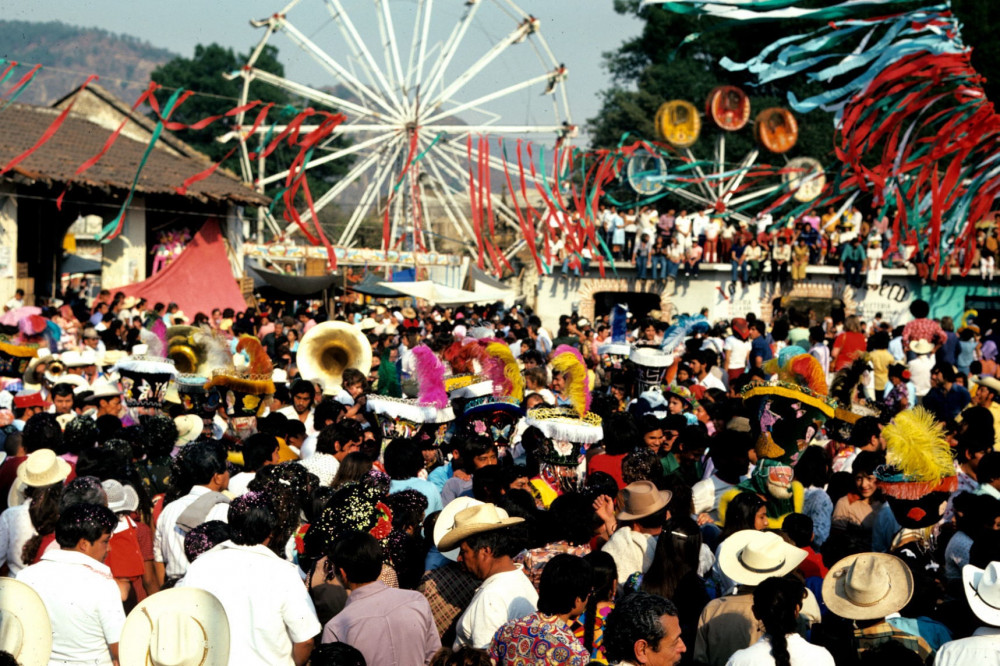
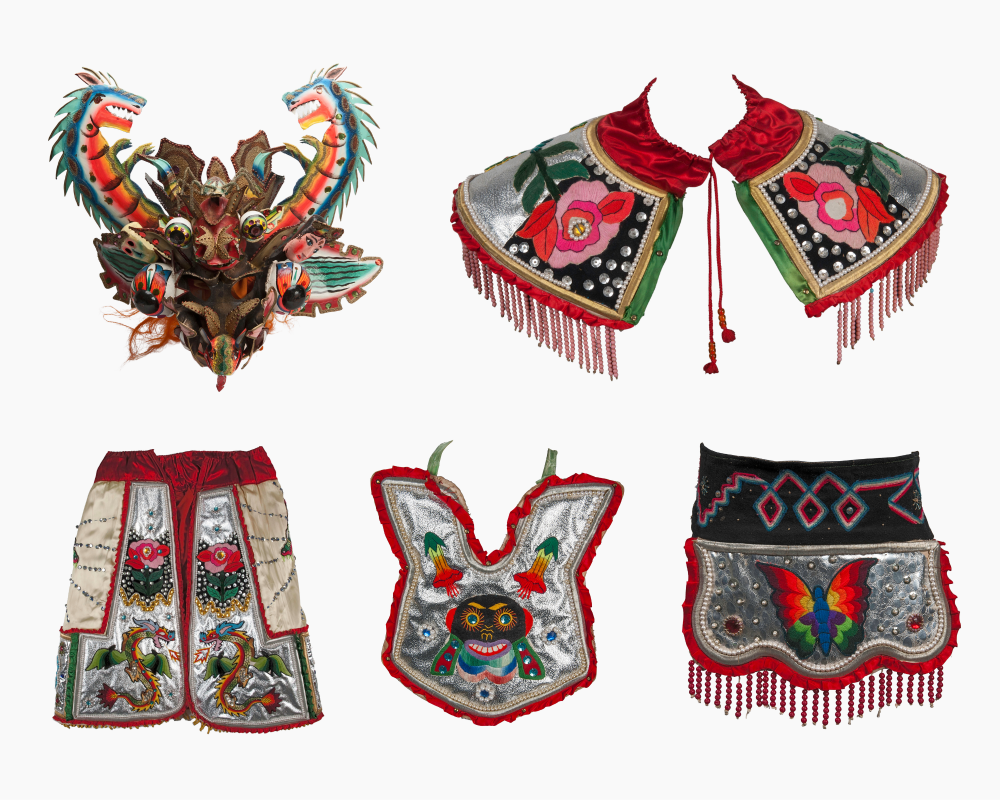
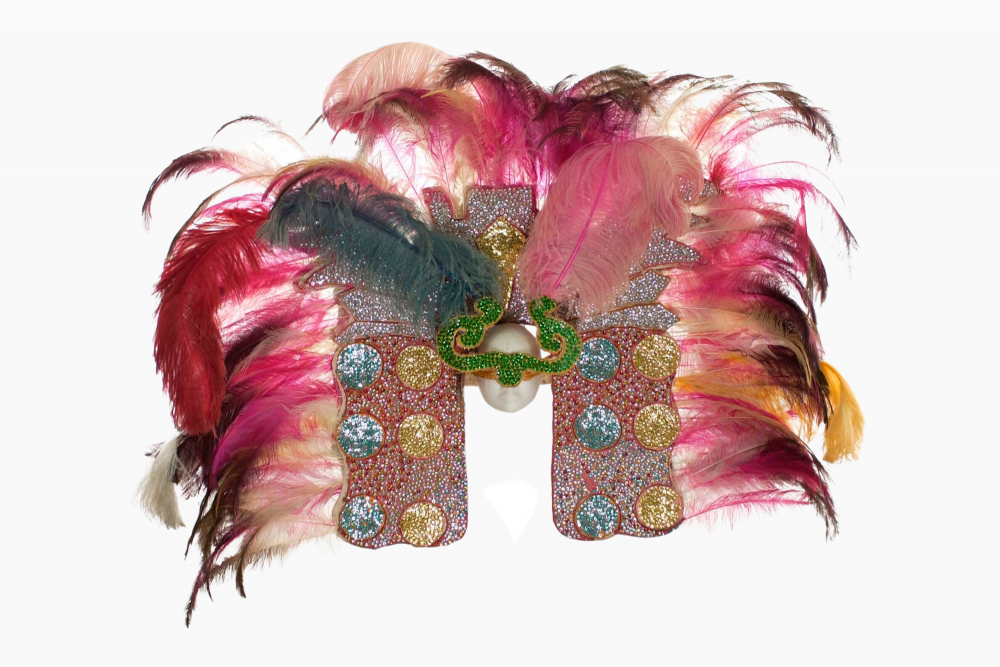
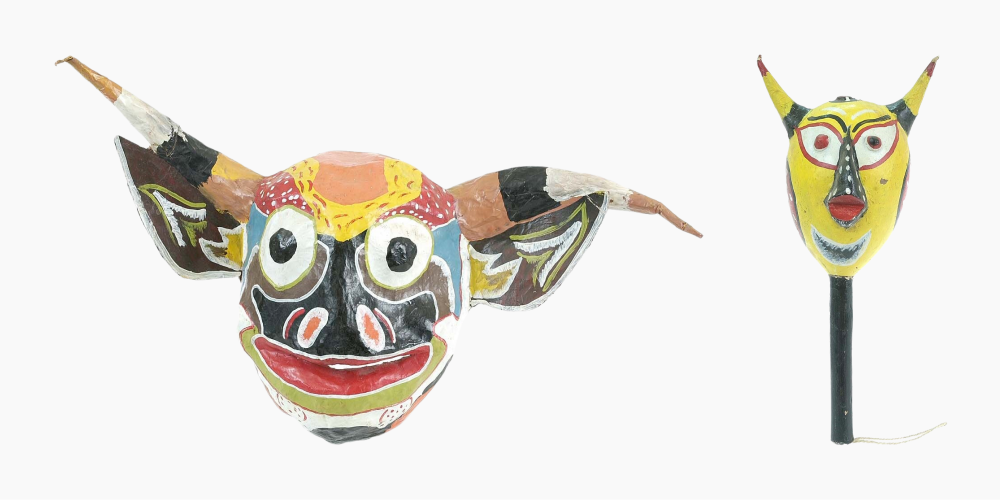
Carnival may possibly be mainly associated with a European, Christian tradition but it does also have roots in older non-Christian religions and traditions. The impressive Carnival celebrations in Brazil, for example, cannot be seen separately from the trans-Atlantic slave trade. Enslaved people from Africa could not take any possessions with them but did take their spiritual traditions, which were forbidden. They used elements from Catholicism as a camouflage for continuing their own spiritual traditions.
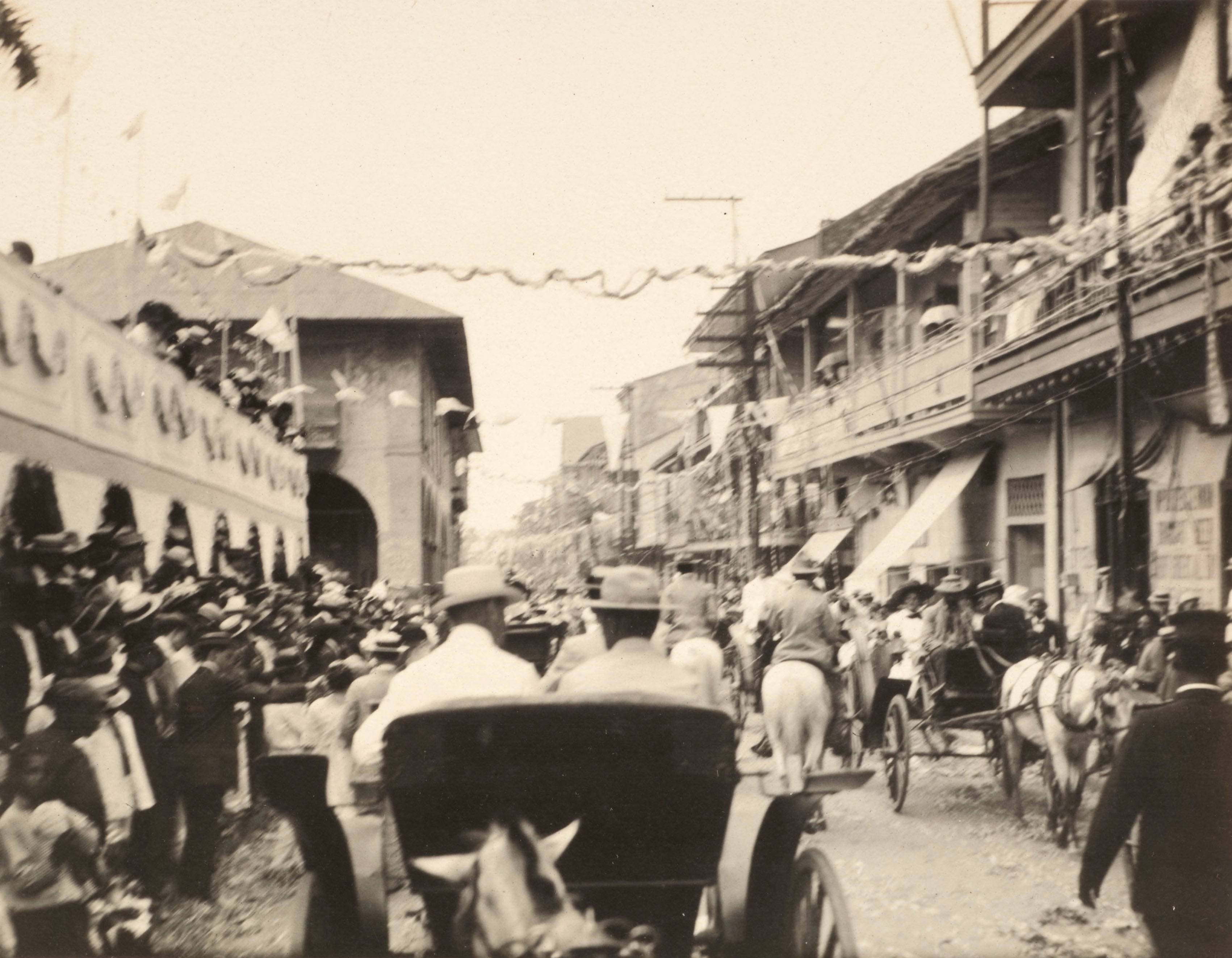
The spectacle of carnival in Rio de Janeiro is the most well known and is probably also the oldest carnival. Carnival arrived in Brazil via the Portuguese colonial conquerors and mingled with the music and dance traditions of enslaved people from Africa and the influences of the original inhabitants. Several styles of samba developed, including the carnival samba.
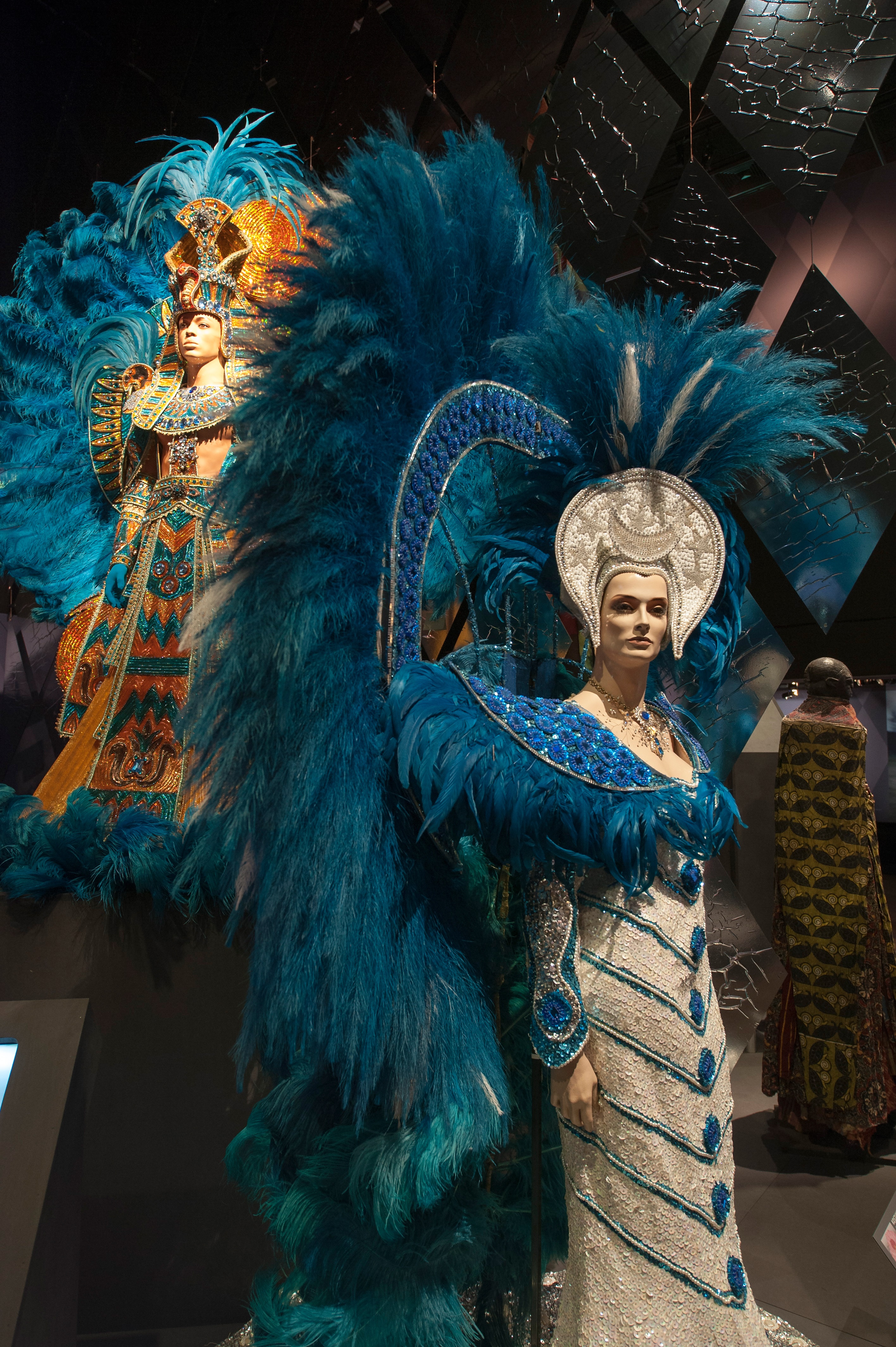
Many delightful carnival costumes were exhibited in the Carnival exhibition in the Afrika Museum (2016-2017), including costumes from Rio de Janeiro, which the Tropenmuseum acquired in 1999.
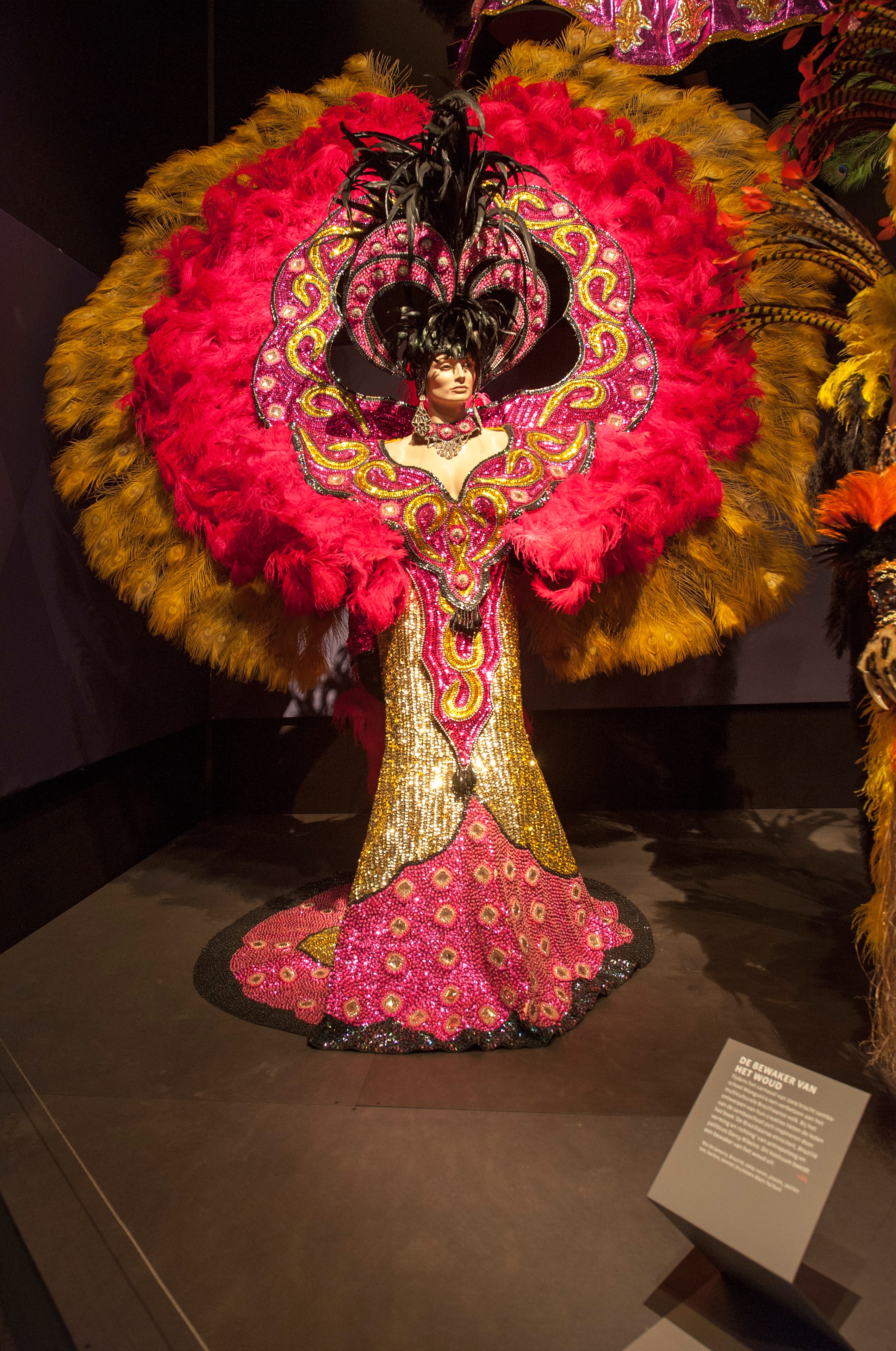
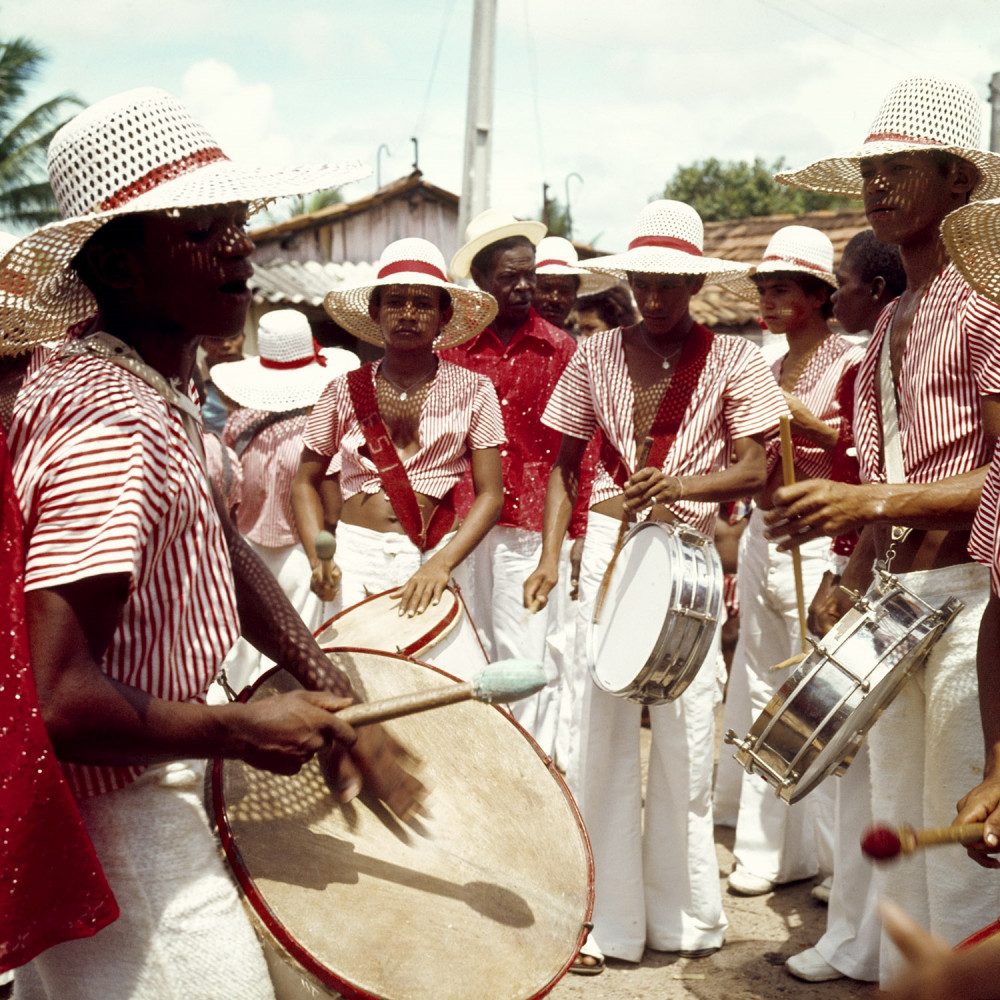
Carnival has not existed for so very long in Aruba and Curaçao. Immigrants from Trinidad and other British islands in the Caribbean brought carnival with them in the 1930s. Their first carnival parade was held in 1945 in San Nicolas in Aruba. Carnival was only celebrated by an elite in Curaçao in the 1940s, as at that time it was forbidden to celebrate on the street. From 1961 it became ever more popular and was celebrated on the street.
Rossini van Wijk is a carnival enthusiast through and through. He’s been involved for 30 years and as costume designer and group leader causes a stir with his creative costumes and group. You can get to know more about him and his work for the Summer Carnival 2018 in a vlog: https://www.youtube.com/watch?v=4XiA2zksPH or https://www.zomercarnaval.org/